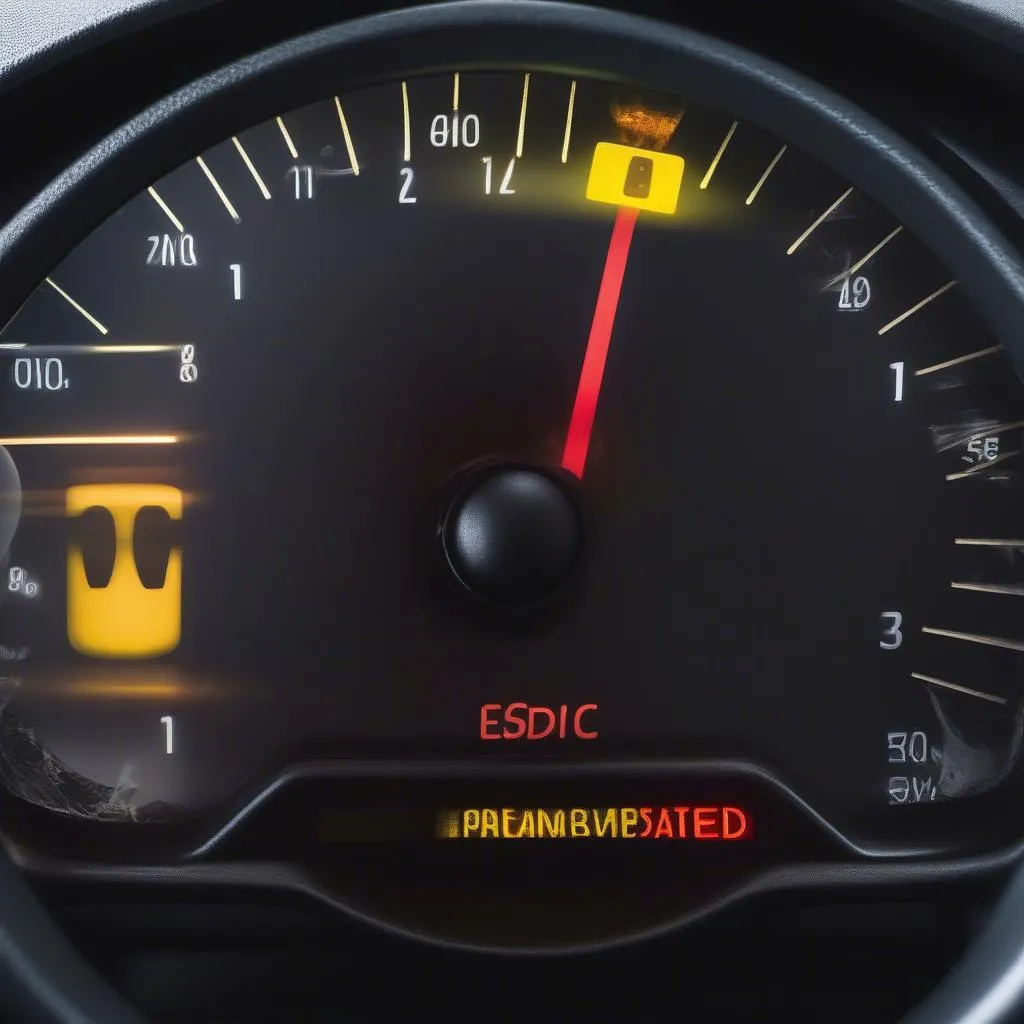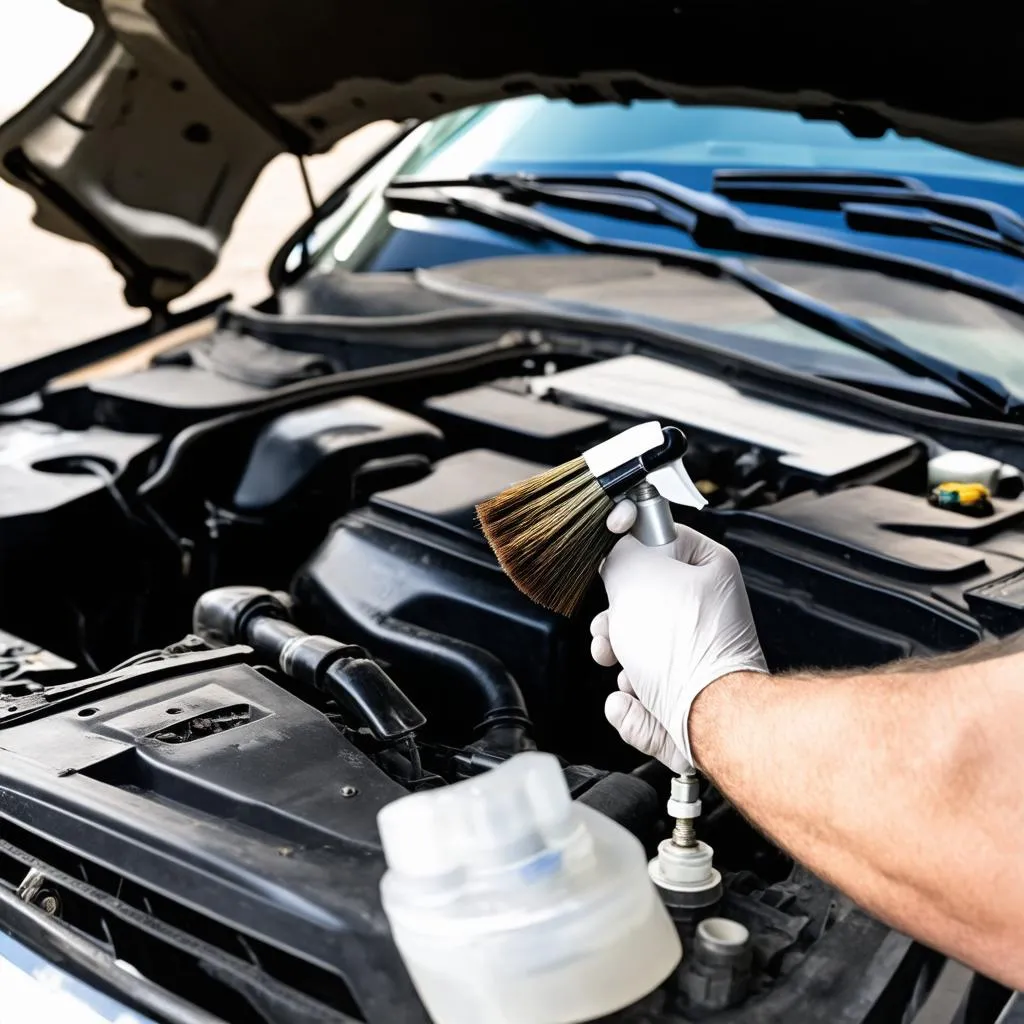A broken fascia on your Mercedes Benz might not seem like a big deal, but it can affect your car’s aesthetic appeal and potentially even its performance. Luckily, with a little bit of guidance, you can fix it yourself and save some money.
This comprehensive guide will walk you through the causes, identification, and repair process for a broken fascia on your Mercedes Benz. Let’s get started!
What Causes a Broken Fascia on a Mercedes Benz?
Fascias, those plastic or composite panels found on the front and rear of your car, are surprisingly vulnerable. Common culprits behind a broken fascia include:
- Minor collisions: Even a small fender bender can crack or break your fascia.
- Curb impact: Pulling too far forward when parking can lead to unsightly scrapes and cracks.
- Road debris: Rocks, branches, and other debris kicked up by other vehicles can cause unexpected damage.
- Wear and tear: Over time, exposure to the elements can weaken the fascia, making it more susceptible to damage.
broken-car-fascia|damaged-bumper|A close-up photo of a car’s damaged front fascia with visible cracks and scratches.
Identifying a Broken Fascia
Spotting a broken fascia is usually pretty straightforward. Keep an eye out for these telltale signs:
- Visible cracks or breaks in the fascia panel.
- Loose or hanging parts of the fascia.
- Gaps or misalignment between the fascia and other body panels.
- Unusual noises coming from the front or rear of the vehicle, especially over bumps.
car-fascia-repair-tools|mechanic-tools|An assortment of tools laid out on a workbench, including screwdrivers, wrenches, and pliers, ready for a car fascia repair.
Gathering Your Repair Toolkit
Before you begin the repair process, gather the following tools and materials:
- Replacement fascia (if necessary): You can purchase this from a dealership or an auto parts store. Be sure to get the correct one for your specific Mercedes model and year.
- Screwdriver set: You’ll need various sizes and types, including Phillips and flathead.
- Socket wrench set: For removing bolts and fasteners.
- Plastic pry tools: To gently remove clips and fasteners without causing further damage.
- Safety glasses and gloves: Protect yourself during the repair.
- Cleaning supplies: Rubbing alcohol, microfiber cloth, and soapy water will come in handy.
- Adhesive promoter and automotive-grade adhesive: For securing the fascia.


